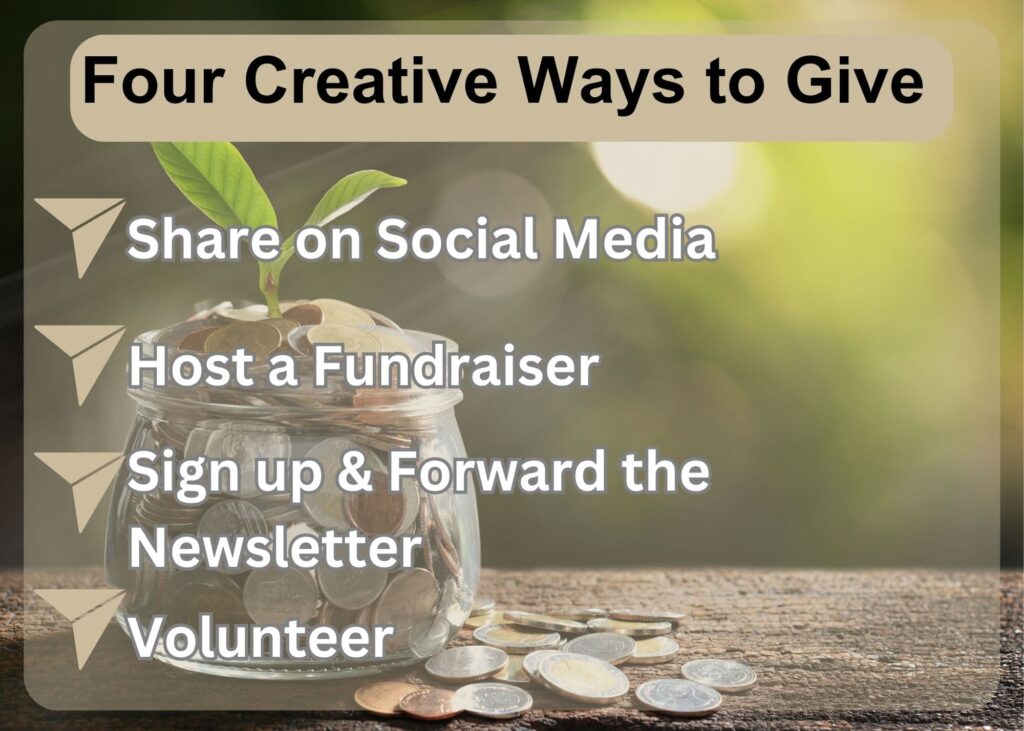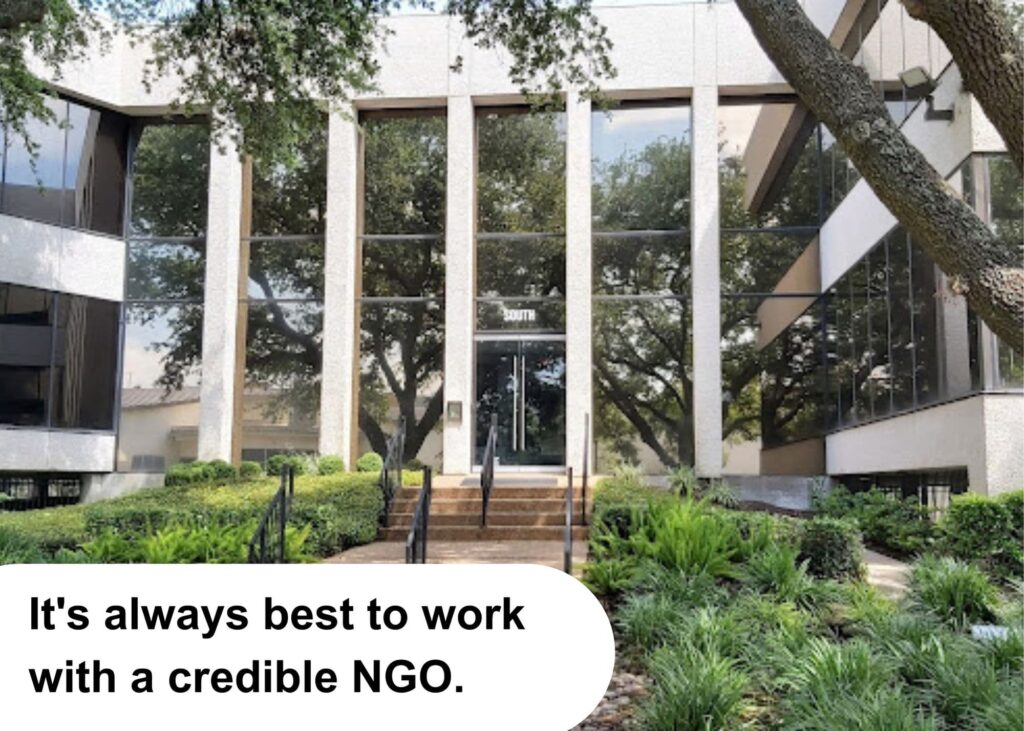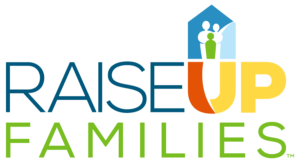Hello there, friend! If you’re here, you probably have some questions about how to effectively help families in financial need.
We’re glad you’re here! In this blog, we’ll address two common questions about helping families in financial need:
Let’s dive in!
Of course we all want to help those in need, but there are some genuine barriers to giving that we should address.
Let’s start by addressing a few common barriers you might face when considering whether to help a family facing a financial crisis.
- “My donation is too small to really make a difference.”
Depending on your circumstances, you may have little to spare financially. It can feel like a donation of $25, $50, or even $1,000 won’t make much of a difference when it takes around $10,000 to stabilize a family.
But thankfully, this isn’t true! Nonprofits worldwide rely on the collective power of giving to meet their huge budget demands. Large donations are helpful, but the collective power of many small gifts is the lifeblood of most organizations, especially smaller, local ones. Every gift makes a difference.
This concern is somewhat valid. Sometimes a family’s poor financial decisions directly affect their financial state.
However, it’s crucial to understand how people from different socioeconomic backgrounds view money and recognize the various contributing factors that lead to economic insecurity.
We all come from different backgrounds, and while opportunities are available to all of us, we each start with varying advantages and disadvantages. Here are two examples of how this can work.
But many, many families are in a financial crisis that has nothing to do with poor decisions. For any family living paycheck to paycheck, one unexpected expense (like a medical bill or car repair) sends them into a downward spiral from which they cannot recover without help.
If you want some good insight into the trade-offs many families have to make when deciding where to spend their money, try your hand at playing the game Spent. Spent is an eye-opening game that allows you to experience the struggle of low-income living. Try your hand at it here. If you’re from Houston, try a Houston-specific take on the game called Making Hard Choices.
When you part with your hard-earned money, you want to know that it's actually making a difference.
That’s why we’ve structured our programs to sidestep this potential problem.
At RaiseUp Families, we don’t give money directly to families. Instead, we invite families to join a robust program involving accountability, education, and financial aid. We then directly pay landlords, apartment complexes, mortgage companies, and utility companies. We work with our families to help them create and stick to a budget. If they do not complete the program requirements, RaiseUp will cease to offer financial assistance.
This partnership approach allows families to maintain a sense of ownership in their financial recovery while maintaining accountability and eliminating dependence.
If you partner with RaiseUp Families, you can be confident that your gift is being used to make the difference you desire.

Now that we’ve addressed the common reservations people experience, let’s take a quick look at four reasons why it's important to help those in need within your community.
Our communities are interconnected. Economic distress within a community has an overall negative impact on the economic system as a whole.
But the positive of this is also true.
As people become more financially stable, they will have more to reinvest in the economy. Especially when done locally, this has a tremendous impact on the community.
To illustrate this point, here is Timothy and Olivia’s story, told by Olivia.
Life . . was particularly hard when I had health complications during Covid, and then we had a total loss on the house we were renting during the winter storm of 2021.
Recovery takes a long time – whether from an illness, a loss of personal possessions, or a home. It’s all traumatic. [We] don’t come from families that have a lot of resources to help us. But for most of our lives, we felt like we were doing okay. We had good jobs, our children were happy, and we were able to give them a comfortable life.
But after so many things went wrong . . . We found RaiseUp Families through a Google search . . . While in their HandUp program, they helped us advocate for ourselves with our landlord . . .[and] helped us get settled in a new apartment.
I’m proud to say that I have completed my bachelor’s degree in Psychology and starting my master’s program in January – 100% paid for by my employer – and through the guidance of RaiseUp’s Social Services Director, Telisa, I’m on a path to being fully self-sufficient once again.
Thanks to RaiseUp’s Dream Believe Achieve program, I know that there is nothing I can’t accomplish with hard work and a plan. This is something we’re instilling in our children so that they build resiliency from an early age. We are full of excited anticipation for what the future holds!
Giving to those in need helps us acknowledge the equal value of all humans and the interconnectedness of our communities. It also helps us develop valuable, community-building virtues like kindness, empathy, and awareness of others' needs.
For people of faith, charitable giving is a way to live out one’s faith. If you’re not religious, giving is a way to live out and strengthen personal values.
Watch Damita’s story and Norma’s story.

Giving has a host of psychological and physiological benefits. Here’s a quick list of a few of them:
Now that we’ve given a few reasons why you should give let's dive into how you can give effectively.
There are a host of ways you can help families in financial need. Let’s look at a few.
Giving money is vital to help families in need, but it's not the only way. If you’re looking for non-financial ways to give, we have some ideas.

Spreading the word on social media creates valuable awareness of the existing needs and the organizations working to address them. Here are a few things to keep in mind.
Fundraisers are a great way to raise money for a good cause! Here are a few examples:
The possibilities here are almost endless. Get creative and have lots of fun in the process!

Sign up for an NGO’s newsletter to stay up-to-date on current events, needs, and impact. Then, forward it to friends and family!
An NGO’s success depends on volunteers. Plus, as we mentioned earlier, volunteering has lots of benefits. If you’re from the Houston area, find out how to volunteer with us by checking out our Volunteer page here!
We’ll wrap up this section with a few helpful tips on giving well.
You want to ensure that the organization you’re giving to is using its funds properly. Here’s a quick checklist to help determine if an organization is legitimate and well-run.
If you want your donation to have the greatest possible impact, avoid the following:
These are difficult, invasive questions, but they are necessary if you want to help effectively. Giving money is easy; however, it does not address why that person has financial issues in the first place and becomes a band-aide on an infection.
Holding the relative or friend accountable is a more long-term solution. You may discover big spending issues, and if you give money without holding them accountable, you become complicit in their issues. Don’t enable family members to continue making mistakes. Instead, set boundaries and challenge them to change behaviors.

If you want to make a difference for families in financial need here in the Huston area, we’d love to have you partner with us. At RaiseUp Families, we believe that no parent or child should ever experience the trauma and threat of homelessness that comes with financial insecurity.
You can support us through FamiliesFirst, a monthly giving program of an amount of your choice. Just $25 a month can forever change the life of a family on the brink of eviction! Other ways to give include donations of stock or crypto, leaving a legacy, and more.
Witness the impact of RaiseUp Families at our annual Graduation Event held each April. Here you’ll get to meet graduates from our programs and hear the stories of families aided through the generous assistance of donors like you.
If you have questions about us or our work, please email info@raiseupfamilies.org or call 713-973-8083.
Together we can make a difference in Houston!
